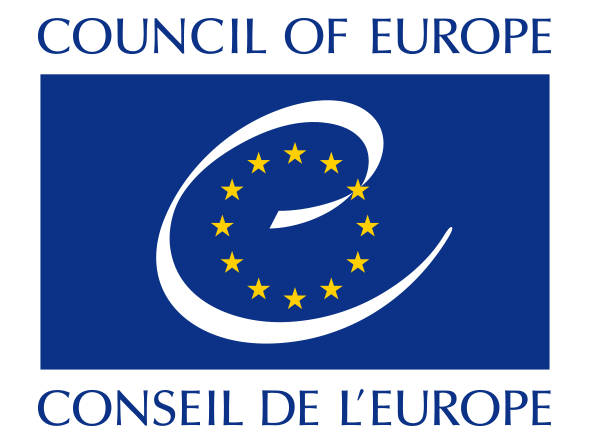The Council of Europe’s Group of Experts on Action against Trafficking in Human Beings (GRETA) published a new report today on Armenia focusing on human trafficking victims’ access to justice and effective remedies. GRETA acknowledges improvements in the legislative and policy framework but asks the authorities to strengthen the provision of information to victims, improve access to legal aid and psychological assistance, facilitate access to compensation from the perpetrators, as well as to effectively investigate offences of human trafficking for all forms of exploitation and promote reintegration of victims.
Since the previous evaluation in 2017, Armenia has continued to develop its anti-trafficking legislative and policy framework: in 2021 a new Criminal Code and a new Criminal Procedure Code were adopted and amendments to the Labour Code were being prepared.
GRETA urges the authorities to ensure that access to legal assistance is guaranteed as soon as there are reasonable grounds for believing that a person is a victim of human trafficking and before the person concerned has to decide whether on co-operating with the authorities in a criminal investigation.
During the reporting period no trafficking victim has received compensation from the perpetrators either through criminal or civil proceedings. GRETA urges the Armenian authorities to take vigorous measures to guarantee effective access to compensation for trafficking victims, including by making full use of the legislation on the freezing and forfeiture of offenders’ assets. At the same time GRETA welcomes the provision of lump-sum compensation of some 450 EUR by the State to 20 trafficking victims since 2017.
Read also
GRETA welcomes the existence of specialised entities for combating human trafficking within the Police and the Investigative Committee. However, it notes that between January 2017 and September 2021, a total of 69 criminal investigations were conducted into human trafficking cases but only 13 cases were brought to trial and just six persons were convicted for trafficking. GRETA urges the Armenian authorities to ensure that human trafficking offences for all forms of exploitation are proactively and promptly investigated, making use of special investigation techniques and financial investigations.
The report also examines progress made on the implementation of previous GRETA recommendations on selected topics. GRETA urges the Armenian authorities to continue reinforcing the capacity and skills of all relevant officials to detect and investigate cases of trafficking for labour exploitation. Further, the authorities should strengthen efforts to prevent child trafficking among vulnerable groups (children in rural areas and children placed in child-care institutions), and pay more attention to the link between child trafficking and the use of information and communication technologies. Finally, to ensure economic and social integration of victims of trafficking, GRETA urges the authorities to take additional steps to ensure the provision of long-term assistance, as well as to strengthen effective access to the labour marker for them through vocational training and job placement.
The total number of victims of trafficking identified in the period 2017-2021 in Armenia was 68. Two thirds of identified victims were women and girls. The prevailing form of exploitation was sexual exploitation, followed by labour exploitation and forced begging. Almost all identified victims were Armenian nationals exploited inside Armenia. The real number of trafficking victims is probably higher, the report says, as self-identification by trafficking victims occurs only rarely due to the lack of awareness of their rights, stigma, the feeling of shame and distrust vis-à-vis the authorities.



























































